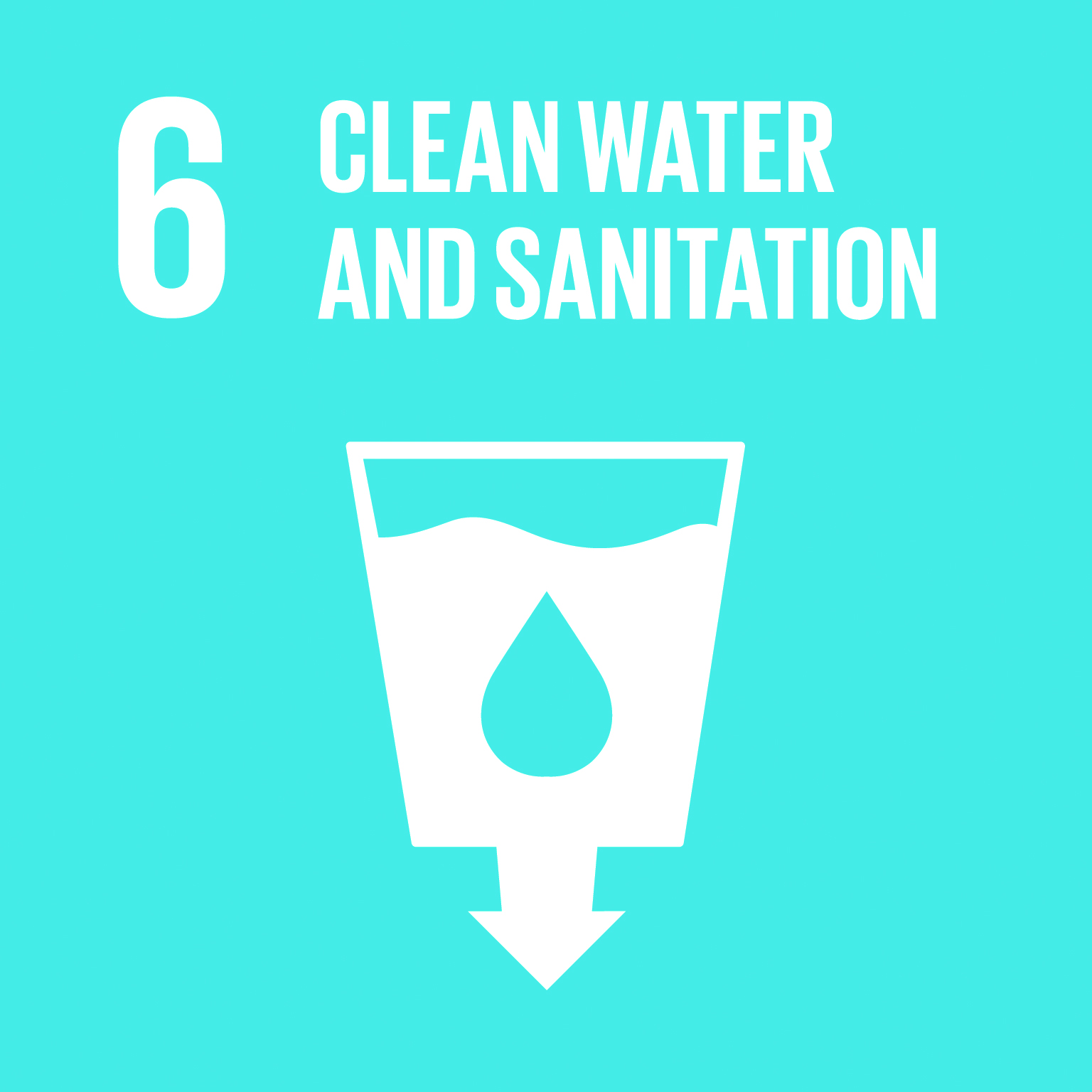
 Water and sanitation are at the core of sustainable development, but 2.2 billion people lack access to safely managed drinking water, and more than 4.2 billion people lack safely managed sanitation. Climate change is exacerbating the situation; four-fifths of wastewater in the world flows back into the ecosystem without being treated or reused, and 70 per cent of the world's natural wetland has been lost. Covid-19 poses an additional impediment to billions of people, including to hygiene services that are desperately needed to stop the virus spreading.
Water and sanitation are at the core of sustainable development, but 2.2 billion people lack access to safely managed drinking water, and more than 4.2 billion people lack safely managed sanitation. Climate change is exacerbating the situation; four-fifths of wastewater in the world flows back into the ecosystem without being treated or reused, and 70 per cent of the world's natural wetland has been lost. Covid-19 poses an additional impediment to billions of people, including to hygiene services that are desperately needed to stop the virus spreading.
Early childhood education is an opportunity to enhance children's understanding of the ecology of their planet, and how people live in other parts of the world. It is also an opportunity to introduce new vocabulary which can be linked to the EYFS, e.g. ‘Extend children's vocabulary, explaining unfamiliar words and concepts and making sure children have understood what they mean through stories and other activities’ (Development Matters 2020).
SAVING WATER
Learn about water as a precious resource by reading Why Should I Save Water? by Jen Green and Mike Gordon, which looks at a future where water is rationed and children discover what would happen if there was not enough to go around.
Learning activities
- Brainstorm with children what they know about water. Ask them why we need water, and discuss where water comes from. Think about how animals access and use water – some even eat and sleep on water. How can we help birds and other animals in winter when water freezes, and summer when it is hot?
- Consider images that can provoke – beaches, seas and rivers covered in waste, for example – and discuss solutions.
- Develop water rules for the setting, based on the children's ideas and input.
- Read Little Raindrop by Igloo Books to get an introduction to the water cycle. What happens to a raindrop when it falls from the sky?
- Consider children in other parts of the world. Introduce the ideas of droughts and floods. Share images/videos to show the strength of water, e.g. large waves in a stormy sea, and pictures of drought-cracked landscapes to show the contrasts.
- Introduce the idea of conserving water – how can we do this? Children in Kenya made ‘tippy taps’ – hands-free devices that are especially designed for areas where there is no running water. Make a tippy tap (see More information) and set rules on using it.
- Make up rain dances. Use recycled materials and make your own rain-maker. Combine the music and dance. Source rain songs and music to listen to.
- Have a water butt in the yard to collect rainwater. Discuss how often it rains and how this might impact how often it fills. Or fill it up and measure how long it takes to use up all the water.
DEHYDRATION/HYDRATION
How do you know when you are thirsty? In physical development sessions, ask the children to stop and feel their heartbeat. Can they look at their friends and see what they notice is different about them after exercise? Discuss how they would feel if they could not have a drink when thirsty because their water was dirty or dried up. Discuss what the reality of this is like with Lilian Omep in Kenya (see More information) and her early years children, and share images of your different environments.
Learning links
Understanding the World ELG ‘Explain some similarities and differences between life in this country and life in other countries, drawing on knowledge from stories, non-fiction texts and – when appropriate – maps’ (EYFS, 2021).
PSED ‘Use dialogic story time (talking about the ideas arising from the story while reading aloud) to discuss books that deal with challenges, explaining how the different characters feel about these challenges and overcome them’ (Development Matters, 2020).
PD Make healthy choices about food, drink, activity and toothbrushing. ‘Talk to children about why it's important to wash their hands carefully and throughout the day, including before they eat and after they’ve used the toilet’ (Development Matters, 2020).
Diane Boyd is a senior lecturer, early years, at Liverpool John Moores University, d.j.boyd@ljmu.ac.uk
MORE INFORMATION
- The Little Raindrop: https://www.youtube.com/watch?v=lcQm-supS5M
- How to make a tippy tap: https://www.youtube.com/watch?v=C4d1nLpqx0M
- Splash!: https://bit.ly/3uPwdxq
- The Toy Library Association of Kenya wants to make connections with other settings. Email: lilianomepkenya@gmail.com; https://toylibraryassociationkenya.com









